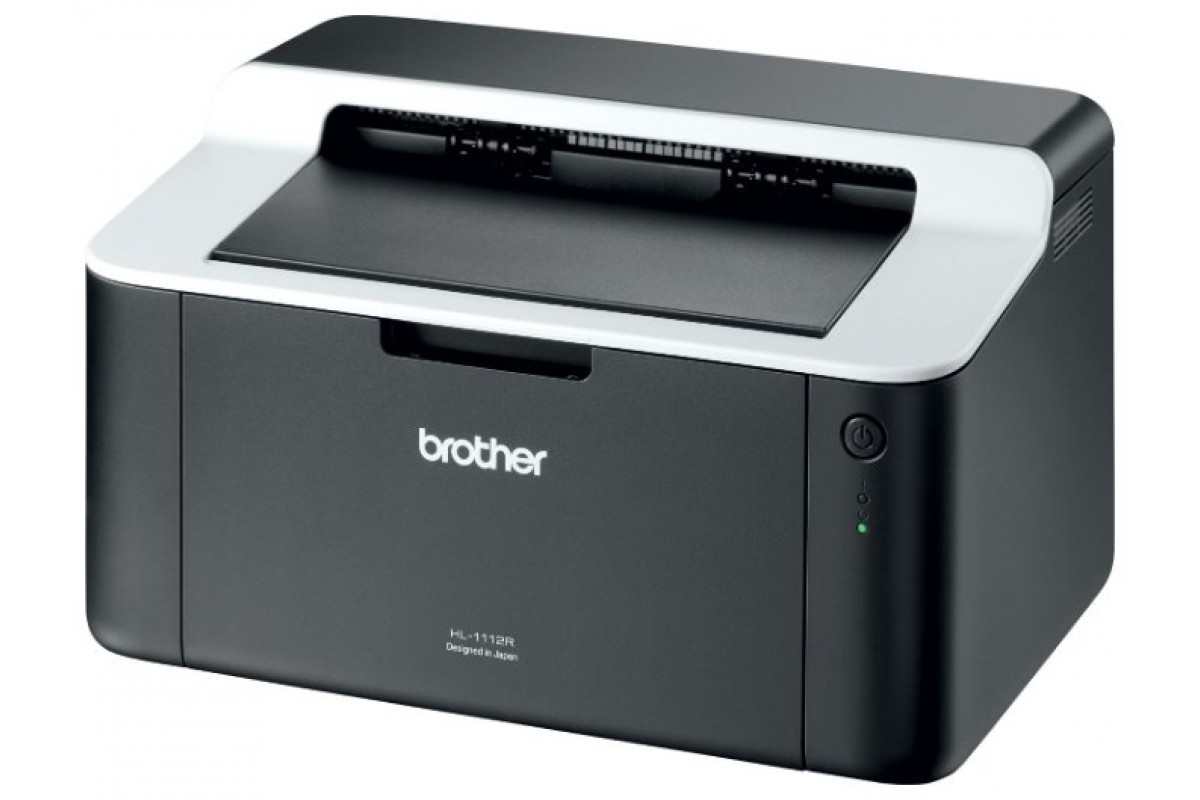Xiaomi Poco F1 smartphone - advantages and disadvantages

Xiaomi is one of the fastest growing smartphone companies. The firm has managed to capture most of the market with the Redmi series, offering powerful devices at affordable prices. And now Xiaomi presents a new product - POCOPHONE F1, we will tell you about the characteristics and advantages, as well as the disadvantages of the model below.

About POCOPHONE
POCOPHONE is a small structure within a large company. Xiaomi claims that the POCOPHONE brand has the freedom and independence to sell the smartphone in countries where the company does not operate. In some countries, the gadget will appear as a sub-brand of Xiaomi, while in others, on the contrary, as a separate brand. This decision was made to solve certain problems. The brand got its name from the word "small" ("POCO"). Here, of course, not the size is meant, but the manufacturer's strategy, the essence of which is that a long journey begins with small steps. The POCOPHONE division in its smartphone focuses on the latest technology.
This device is meant as an inexpensive flagship. Let's consider the main characteristics of the device.
Main parameters Xiaomi POCOPHONE F1
| Characteristic | Property |
|---|---|
| CPU | Snapdragon 845 |
| operating system | Android 8.1 Oreo |
| Rear camera | 12 MP (1.4 μm, f / 1.9) and 5 MP (1.12 μm, f / 2.0) |
| Front-camera | 20 megapixels |
| Battery capacity | 4000 mAh |
| Dimensions | Length - 155.5 mm, width - 75.2 mm, thickness - 8.8 mm, weight - 182 grams |
| The cost | From 25490 rubles |
Next, we will learn more about this gadget.
Equipment
When the smartphone is delivered, the buyer will find in the box: a charger, a protective cover for the rear panel, a cable with a USB Type-C connector, a key to open the slot, documents.
Design
Back panel
The body is made of plastic (polycarbonate), which is very practical and more reliable than glass back panels. It is pleasant to the touch and provides an excellent grip. The fingerprint scanner is located under the camera. Its shape is convenient for scanning a print, as it has a depression. The camera consists of two modules (the resolution of one is 12 MP, and the other is 5 MP), and there is a flash on the side of it. At the very bottom is the POCOPHONE logo.
The gadget has three colors to choose from: red, blue and black. If the buyer wants a more reliable version of the phone, then the company has provided for that too. For such a case, the Armored Edition version is available with a durable Kevlar cover (only for a modification with 8 GB RAM and 256 GB built-in memory).

Display
The device's screen is 6.18 inches. The display has a resolution of 2246 pixels by 1080 pixels and is equipped with a matrix with IPS technology. The screen is brightest at 461 nits and the lowest at 2.5. In the sun, readability remains. On the top of the display is a monobrow, which is equipped with an infrared sensor. The sensor has a backlight, and is needed to carry out work on recognizing the owner's face.There is also a 20 MP front camera, a sensor that reacts to movement and a speaker used during a conversation.
Smartphone facets
The lower part consists of buttons located on the screen. The settings allow you to disable them or swap them for convenience. These buttons are used for navigation along with gestures.
The right edge contains two keys responsible for the volume and the power button.
On the left edge, the manufacturer has placed a tray for either SIM cards, or for a SIM card and a card for additional memory.
Above is the headphone jack and microphone for noise cancellation.
In the middle of the bottom edge is the USB Type-C connector, and on the sides of it is a microphone and a speaker with a loudspeaker function.
NFC chip is missing.
Performance
The smartphone is powered by the Snapdragon 845 processor. The performance makes the smartphone suitable for gaming. The power of the processor does not yet guarantee its speed of operation; when it overheats, the speed drops. The developers have foreseen such a turn of events and therefore the processor temperature is regulated using a cooling system. It runs on liquid. Continuous operation is ensured even with significant loads.
The control of the gadget is in the hands of the Android 8.1 Oreo operating system (MIUI 9.6).
The phone has three versions and they differ in modifications with different memory sizes. The options are shown below.
| Execution option | Built-in memory | The amount of RAM |
|---|---|---|
| The first | 6 | 64 |
| Second | 6 | 128 |
| Third | 8 | 256 |
The battery in the smartphone is quite capacious, its capacity is 4000 mAh. There is a fast charging technology. It charges your smartphone from 0 to 30 percent in 30 minutes.
Even if you use the phone actively, it will live for one and a half days. The autonomous work of the phone was 26 hours of talk time, 14 hours with active Internet use and 12 hours in video mode.
Sound
Sound comes in from two speakers simultaneously, one on top of the display and the other on the bottom edge. This arrangement allows you to receive stereo sound from the unit.
FM-radio in the gadget is saved and with the help of wired headphones (used as an antenna) allows you to connect to various radio stations.
Camera
The POCOPHONE F1 smartphone has a rear camera with two matrices and their resolutions are 12 MP and 5 MP. There is no optical stabilization. The 5MP camera is involved in creating a fashionable blurred background (bokeh effect). To enhance images, artificial intelligence is able to recognize the type of scene in the picture. Use gestures (left or right) to select the shooting mode. To switch between cameras, gestures do not work; a separate button has been created for this purpose. Daylight shots are good quality, while night shots are blurry and noisy.
Examples of pictures:


The camera resolution for selfie (front) is 20 MP. With this camera it is also possible to create bokeh effect.
Reviews
Users got a budget option with good power. The company has kept its promises. But to solve such a problem, it was required to abandon some functions and the appearance suffered a little. According to reviews in Russia, many are amused by the name POCOPHONE. The design turned out to be inconspicuous, the monobrow does not look the best, as it contains sensors that spoil its appearance.
Models with which you can compare the new 2018 from Xiaomi
According to the characteristics of Xiaomi Poco F1, it does not lag behind the flagships, the main competitors are such flagship models as OnePlus 6, Oppo F7, Xiaomi Mi 8, Honor Play. Let's consider how these or those models differ from POCOPHONE.
Pros and cons of flagships versus POCOPHONE
All models are available in 6/64 GB versions.
OnePlus 6

- AMOLED screen (consumes less battery power compared to IPS technology);
- The body is made of glass;
- There is optical stabilization.
- The average price is 42,800 rubles; 230,835 tenge;
- Battery capacity 3300 mAh;
- No stereo speakers
- Front camera resolution - 16 megapixels;
- There is no radio.
Oppo F7

- Average price - 22,990 rubles; 123993 tenge;
- Front camera resolution 25 MP.
- There is no way to reproduce stereo sound;
- No fast charging technology;
- MediaTek Helio P60 processor;
- Rear camera resolution 16 MP;
- Battery capacity - 3400 mAh;
Xiaomi Mi8 SE

- Average price - 23,700 rubles; 127684 tenge;
- Glass body;
- There is a metal frame;
- The presence of an AMOLED screen.
- Snapdragon 710 processor;
- There is no infrared sensor required for unlocking by face recognition;
- The battery capacity is 3120 mAh.
Xiaomi Mi 8

- There is a screen with AMOLED technology;
- Dual camera with resolutions - 12 megapixels each. The matrix is 1 / 2.55 "in size. The pixel size is 1.4 microns. Thus, the camera shoots well in low light.
- Average price - 31,490 rubles; 169,836 tenge;
- Battery capacity - 3400 mAh;
- There is no headphone jack;
- No radio support;
- There is no way to reproduce stereo sound;
- The infrared sensor required for face unlocking is missing.
Honor play

- Average price - 24,990 rubles; 134,779 tenge;
- 6.3-inch bezel-less screen;
- Huawei Kirin 970 processor.
- Fewer features compared to POCOPHONE;
- Heats up;
- The rear camera is double with resolutions - 16 MP and 2 MP, the POCOPHONE has better cameras.
Output
Thus, Xiaomi introduced the new product of 2018 to the market - POCOPHONE F1. The device is announced as a budget version of a smartphone with flagship potential.
The characteristics were shown above and on the basis of them, we highlight the advantages and disadvantages of the device.
- 6.18-inch screen:
- Performance;
- The presence of a cooling system;
- Sound quality - stereo;
- The smartphone is protected by two types of unlocking (fingerprint and face scan);
- Ability to connect headphones via 3.5 mm input;
- Autonomous operation of the phone was 26 hours of talk time, 14 hours with active Internet use, and 12 hours in video mode;
- NFC module out of stock;
- There is no way to control equipment.
- The phone is not protected from moisture;
- Lack of optical stabilization;
- The design is not very attractive.
So what can be said in the conclusion? The company coped with the tasks that it declared - it turned out to be an inexpensive but powerful device.
new entries
Categories
Useful
Popular articles
-

Top rating of the best and inexpensive scooters up to 50 cubic meters in 2024
Views: 97661 -

Rating of the best materials for noise insulation for an apartment in 2024
Views: 95022 -

Rating of cheap analogues of expensive drugs for flu and colds for 2024
Views: 91751 -

Best Men's Running Shoes in 2024
Views: 87681 -

Top ranking of the best smartwatches 2024 - price-quality
Views: 85092 -

Best Complex Vitamins in 2024
Views: 84801 -

The best dye for gray hair - 2024 top ranking
Views: 82406 -

Rating of the best wood paints for interior use in 2024
Views: 77202 -

Ranking of the best action cameras from China in 2024
Views: 75269 -

Rating of the best spinning reels in 2024
Views: 74827 -

The most effective calcium supplements for adults and children in 2024
Views: 72463 -

Top rating of the best means for male potency in 2024 with a description
Views: 68296










